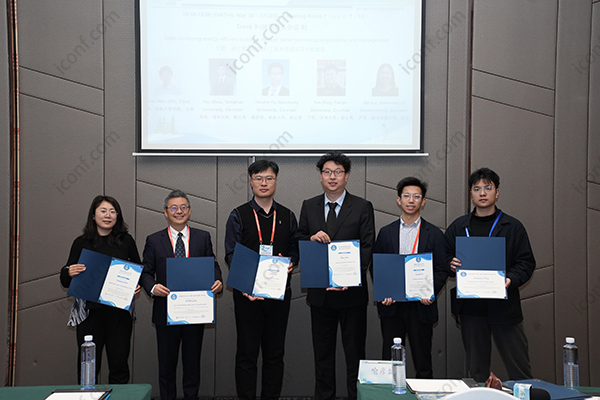

224 views||Release time: Aug 01, 2025
A Call for Papers (CFP) is an official invitation from a conference committee for researchers to submit their original work. It marks the beginning of the academic publishing cycle for many scholars, especially in fields like engineering, computer science, and applied research. Understanding how to read and evaluate a CFP is crucial for successful academic participation.

A Conference Call for Papers is a public document that outlines the topics, submission process, deadlines, and publication details of an academic conference. It provides all the necessary information authors need to decide whether to submit a paper.
Typical CFP elements include:
Conference themes and topics
Submission deadlines
Paper formatting guidelines
Publication and indexing information (e.g., Ei, Scopus)
Review process and acceptance criteria
CFPs are more than announcements — they define the scope and academic tone of the event. Submitting to a well-targeted CFP means your research:
Fits the theme and is more likely to be accepted
Reaches the right audience of peers and experts
Gains potential for indexing in recognized databases
Understanding the language and focus of a CFP helps you align your abstract and manuscript accordingly.
Before submitting, evaluate the CFP carefully:
Check Indexing: Is the conference indexed by Ei Compendex, Scopus, or Web of Science?
Verify Organizers: Are the host institutions or societies reputable?
Look at Past Editions: Do past proceedings appear in trusted databases?
Peer Review Statement: Is the review process clear and fair?
A vague or overly generic CFP may indicate a low-quality or predatory event.
Instead of sifting through unreliable sources, use iconf.com — a trusted platform that lists academic conferences with clear CFPs and solid publishing track records.
iconf.com helps you:
Discover upcoming deadlines
Understand publication routes
Choose events with rigorous peer review and indexing
This saves time and increases your chances of publishing in conferences that matter.
To improve your acceptance chances:
Tailor your abstract to match the CFP themes
Follow formatting and length guidelines exactly
Highlight novel contributions and research significance
Respect the submission timeline
After submission, prepare for potential revisions based on reviewer feedback.
A well-written CFP sets the foundation for a strong academic conference. By understanding how to interpret and respond to these calls, researchers can publish more effectively and strategically.
Start by finding reliable CFPs through iconf.com, where quality events and indexing clarity come first.